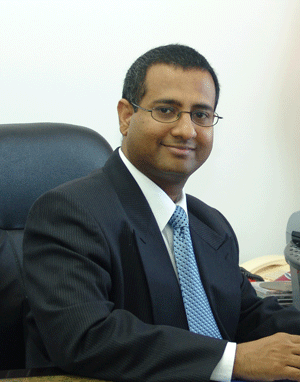The Slate, Tuesday, July 12, 2011 -This article arises from Future Tense, a collaboration among Arizona State University, the New America Foundation, and Slate. A Future Tense conference on the promise and limitations of using technology to spread democracy will be held at the New America Foundation on July 13. (For more information and to sign up for the event, please visit the NAF website.)
The Obama administration has begun taking action to bring Internet freedom to Iran. This sounds wonderful.
But this approach ignores two key factors: 1) Iran already has the upper hand in this battle; 2) the current approach is dangerous to activists and focuses on too few people. If the U.S. really wants to bring free-flowing information to Iran, it needs to rethink its current strategy.
I grew up in Iran and worked as a journalist there until 2004, when I—along with 20 other bloggers, Web technicians, and journalists—was arrested by security forces for my blog, in what was the first major raid against bloggers and online activists. After two months of mistreatment and solitary confinement, I was released and soon after moved to the United States. Continue reading Take That, Tehran

